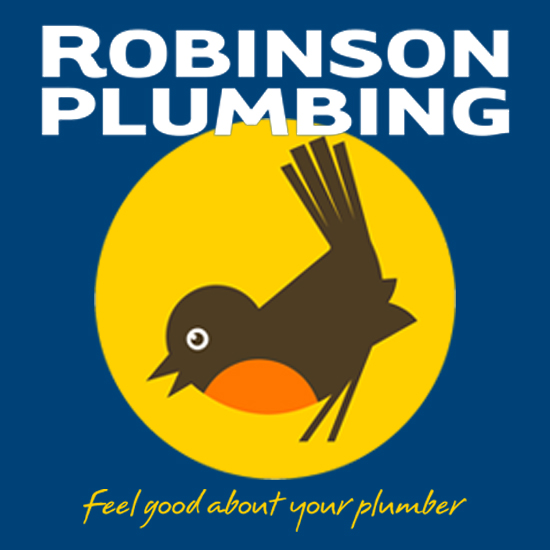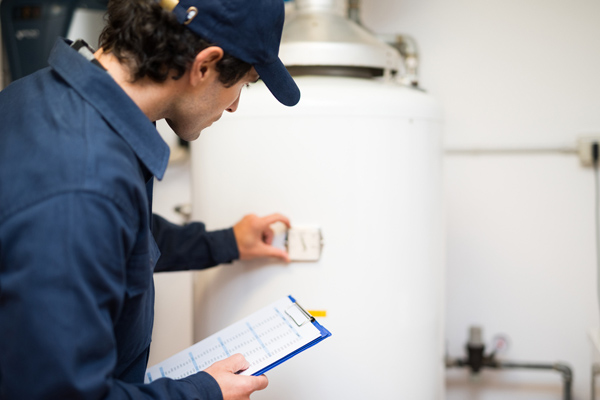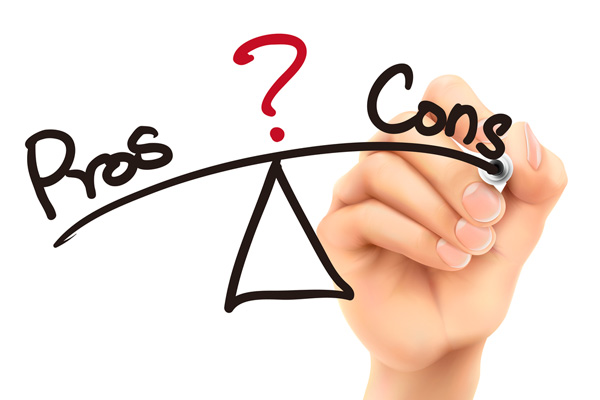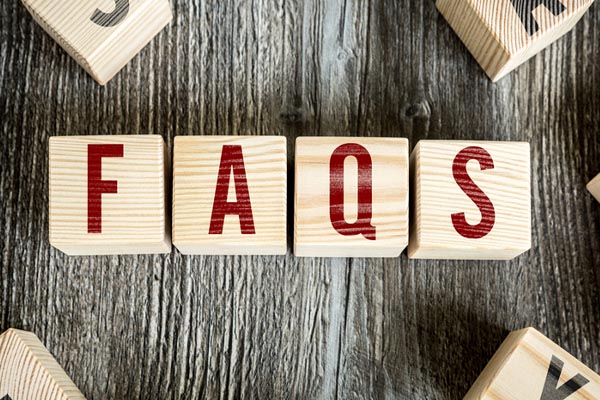
A reliable water heater is indispensable in any household, playing a vital role in daily tasks such as bathing, laundry, and dishwashing. When it comes time to replace or upgrade your unit, the choice between a traditional water heater and a tankless model can be daunting. Each type offers distinct advantages and considerations, affecting everything from energy efficiency to hot water availability. In this article by Robinson Plumbing, we’ll delve into the specifics of traditional water heaters vs tankless water heaters, providing you with the insights needed to make an informed decision that best suits your home’s needs and your lifestyle.
Comparing Traditional Water Heaters Vs Tankless Water Heaters: Which Is the Better Choice?
Contents
- 1 Comparing Traditional Water Heaters Vs Tankless Water Heaters: Which Is the Better Choice?
- 2 What Is A Tankless Water Heater?
- 3 Traditional Water Heaters Vs Tankless Water Heaters FAQs
- 3.1 How Often Should Traditional Tank Water Heaters Be Drained?
- 3.2 Can Both Traditional and Tankless Water Heaters Use Renewable Energy Sources?
- 3.3 What Is the Impact of Installation Location on Water Heater Performance?
- 3.4 Do Both Types of Water Heaters Require Regular Maintenance?
- 3.5 Which Type of Water Heater Is Better for Larger Households?
- 4 Conclusion
- 5 Call Robinson Plumbing for Superior Plumbing Services
Below, we’ll compare these two types of hot water heating systems (traditional water heaters vs tankless water heaters), detailing how each functions and the advantages they offer. This comparison will assist you in deciding which system is most suitable for your home’s needs.
What Is A Traditional Water Heater?
A traditional water heater, often referred to as a tank water heater, includes a large storage tank capable of holding between 20 to 80 gallons of water. This system pre-heats the water, keeping it ready for use at any time. When a hot water tap is opened—whether for doing laundry, taking baths, showering, or washing dishes—the hot water is immediately transported through the pipes to the desired location.
As the hot water is used, the tank’s level decreases and is subsequently refilled with cold water, which is then heated to the preset temperature. This automatic cycle ensures a constant supply of hot water is available. However, if the demand exceeds the tank’s capacity, there might be a waiting period as the tank refills and reheats, temporarily impacting the availability of hot water.
Upgrade to Energy Efficiency with Robinson Plumbing: Considering a switch to a tankless water heater? Contact Robinson Plumbing for expert installation and start enjoying energy savings and endless hot water today.
Pros and Cons Of A Conventional Water Heater
Below, we discuss the pros and cons of a conventional water heater.
Pros of a Tank Water Heater
- Cost-Effective Purchase and Installation: Tank water heaters are generally more affordable than their tankless counterparts. The initial purchase price for these units can be nearly half that of a tankless model, making them a budget-friendly option for many households. Additionally, the installation process for a tank water heater is typically simpler and less expensive, further reducing the upfront costs associated with this type of water heating solution.
- Economical Replacement: Due to their lower initial cost, tank water heaters are also more cost-effective to replace. This affordability extends beyond the purchase price to the installation, making it easier on the household budget if a replacement becomes necessary.
- Simplicity and Maintenance: The traditional design of a tank water heater involves fewer complex components than a tankless system, which contributes to a simpler overall setup. This simplicity not only makes the unit easier to maintain but also reduces the cost and complexity of repairs should it experience a breakdown or damage. This can result in lower maintenance costs over the lifespan of the water heater.
Optimize Your Water Heater with Robinson Plumbing: Is your current water heater struggling to meet your needs? Reach out to Robinson Plumbing for a consultation and discover whether a traditional or tankless upgrade is right for you.
Cons of a Traditional Hot Water Heater
- Consistent High Energy Use: Traditional tank water heaters maintain a set water temperature, which can lead to increased energy consumption due to standby heat loss. This is where heat escapes from the water tank even when no one is using hot water, resulting in unnecessary energy expenditure.
- Increased Operational Costs: During colder months, a tank water heater must work harder to heat and maintain the water temperature, which can strain the system and lead to increased wear and tear. This not only results in higher utility bills—be it gas or electricity—but also potentially shortens the lifespan of the unit due to the extra workload.
- Space Requirements: Unlike tankless models, traditional tank water heaters require a significant amount of space for installation due to their bulky size. This can be a disadvantage in smaller homes or apartments where space is at a premium.
- Frequent Replacement Needs: Generally, traditional tank water heaters have a lifespan of about 8 to 12 years, shorter than that of tankless water heaters. This necessitates more frequent replacements, which can be inconvenient and costly over the long term.
What Is A Tankless Water Heater?
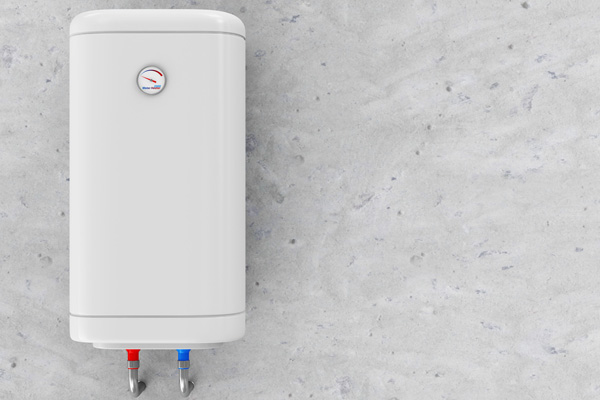
A tankless water heater, commonly referred to as an on-demand water heater, operates by heating water directly without the need for a storage tank. These heaters can be powered by electricity or gas and feature a high-efficiency burner or heating element that instantly heats water as it flows through a heat exchanger. This method provides hot water at your command, eliminating the wait time often associated with tank systems.
Because the system heats water only when it is needed, tankless water heaters are highly energy-efficient, significantly reducing the standby energy losses typical of traditional tank heaters. The absence of a storage tank not only conserves energy but also saves space, making tankless water heaters an ideal choice for homes with limited space. This efficiency and compact design contribute to their growing popularity among homeowners looking for an eco-friendly and cost-effective hot water solution.
Pros And Cons of A Tankless Water Heater
Below, we discuss the pros and cons of an on-demand water heater.
Pros of a Tankless Water Heater
- High Energy Efficiency: Tankless water heaters excel in energy efficiency compared to traditional tank models. By heating water directly and only on demand, they avoid the energy losses associated with keeping a large volume of water heated at all times. This efficiency can significantly reduce home energy bills, making the initial higher cost of the unit worthwhile over time.
- Extended Lifespan and Less Frequent Replacements: Tankless water heaters typically have a longer operational lifespan, ranging from 20 to 30 years, which is significantly longer than that of tank water heaters. This durability translates to less frequent replacements and, consequently, long-term savings on new units and installation costs.
- Compact and Versatile Installation: Without the need for a bulky tank, tankless water heaters offer greater flexibility in installation options. Their compact size allows them to be installed in smaller or unconventional spaces, such as under sinks or in closets. This not only saves space but also simplifies the installation process, which can be adapted to a variety of home layouts.
- Consistent and Unlimited Hot Water Supply: One of the standout advantages of a tankless water heater is its ability to provide a continuous supply of hot water. Unlike tank heaters, which can run out of hot water when the tank is depleted, tankless models heat water on the fly, ensuring that hot water is always available when needed. This feature is particularly beneficial for families or situations where high hot water usage is common.
Ensure Hot Water Reliability with Robinson Plumbing: Experiencing inconsistent hot water supply? Schedule a service with Robinson Plumbing to evaluate your water heater’s performance and restore reliable hot water to your home.
Cons of an On-Demand (Tankless) Water Heater
- Higher Initial Investment: Tankless water heaters typically come with a higher upfront cost compared to traditional tank water heaters, often costing up to twice as much or more. This price difference is more pronounced when transitioning from a tank to a tankless system, as the latter may require significant changes to your home’s plumbing and heating infrastructure.
- Complex and Time-Consuming Installation: Installing a tankless water heater can be more complicated and time-consuming, especially if it involves retrofitting in place of a traditional tank model. The installation process may require updates to electrical systems, venting, and plumbing, extending the time and labor needed to complete the setup.
- Limited Hot Water with High Demand: While tankless water heaters provide hot water on demand, their output can be challenged during high usage periods. For homes with simultaneous demands—such as running the dishwasher, washing machine, and shower— a single tankless unit may struggle to meet the hot water needs efficiently. This can result in a temporary shortage of hot water unless the system is properly sized and configured for high demand scenarios.
Choosing the Right Water Heater for Your Home
Selecting the best water heater for your home involves considering various factors that impact your daily need for hot water. Key considerations include the size of your home, the number of bathrooms, the number of occupants, and specific lifestyle needs. Additionally, your local climate and budget play crucial roles in this decision. Each type of water heater—be it traditional tank or tankless—has its own set of benefits and limitations that may align differently with these factors.
It’s also beneficial to consult with a local plumbing expert who can provide personalized advice based on your home’s infrastructure and your hot water usage patterns. Understanding the operational mechanics and efficiency of each water heater type will further aid in making an informed decision that suits your needs, ensuring you choose the most appropriate and cost-effective solution for your household.
Maximize Your Home’s Comfort with Robinson Plumbing: Unsure which water heater suits your lifestyle? Contact Robinson Plumbing for personalized advice and installation to ensure your home’s hot water system is tailored to your needs.
Traditional Water Heaters Vs Tankless Water Heaters FAQs
How Often Should Traditional Tank Water Heaters Be Drained?
A professional should drain and flush traditional tank water heaters annually to remove sediment buildup that can reduce efficiency and increase energy consumption. Regular maintenance helps maintain optimal performance and extends the heater’s lifespan. In hard water areas, more frequent draining may be necessary.
Can Both Traditional and Tankless Water Heaters Use Renewable Energy Sources?
Yes, you can integrate both traditional and tankless water heaters with renewable energy sources like solar panels or geothermal systems. For traditional heaters, solar thermal systems can preheat the water, reducing energy usage. Tankless systems can also benefit from solar or other renewable energy to enhance efficiency and reduce operating costs.
Experience Expert Water Heater Solutions with Robinson Plumbing: Whether you need maintenance, repair, or a new installation, trust Robinson Plumbing to provide top-tier water heater services that keep your home comfortable year-round.
What Is the Impact of Installation Location on Water Heater Performance?
The installation location can significantly impact the efficiency of both tank and tankless water heaters. For traditional tanks, placing the unit closer to the point of use reduces heat loss and wait times for hot water. For tankless systems, proper venting and placement are crucial to ensure efficient operation and avoid potential issues with temperature consistency.
Do Both Types of Water Heaters Require Regular Maintenance?
Yes, both traditional and tankless water heaters require regular maintenance to ensure optimal performance. Traditional tank heaters need annual draining and inspection for sediment buildup. A professional should check tankless systems for scale and mineral deposits, especially in areas with hard water. Regular maintenance helps extend the life of both types of units.
Which Type of Water Heater Is Better for Larger Households?
For larger households with high hot water demand, a traditional tank water heater with a larger capacity may be more suitable, as it provides a steady supply of hot water. However, a properly sized tankless water heater can also meet the needs of a large household, especially if multiple units are installed to handle simultaneous usage. The choice depends on the specific hot water usage patterns and the preference for continuous hot water (tankless) versus stored hot water (traditional).
Conclusion
Choosing between a traditional and tankless water heater depends on your home’s specific needs and priorities. Traditional heaters are cost-effective and straightforward, while tankless models offer energy savings and continuous hot water. Assess your household’s demands and consult with a professional to determine which option is the best fit for your home.
Choose the Right Water Heater with Robinson Plumbing: Confused about whether to go tankless or stick with a traditional model? Contact Robinson Plumbing for expert guidance and make an informed decision that best suits your home and budget.
Call Robinson Plumbing for Superior Plumbing Services
Turn to Robinson Plumbing when you need dependable plumbing assistance throughout Lehigh Valley. We offer an extensive array of services, including drain cleaning, water heater installations, leak repairs, and more. Our services are tailored to meet your specific needs and budget. Benefit from our same-day emergency plumbing service, which is designed to address your urgent plumbing needs swiftly and economically.
Our proficient service is renowned throughout Lehigh Valley. Our professionally certified plumbers ensure top-quality work and complete satisfaction. Contact Robinson Plumbing for a free consultation and discover our dedication to excellence.
Are you facing plumbing issues? Contact us now! Our skilled team is ready to resolve all your plumbing challenges.
Call us today at (610) 351-9889 or contact us for any questions that you might have! Click the link to view our service area.
